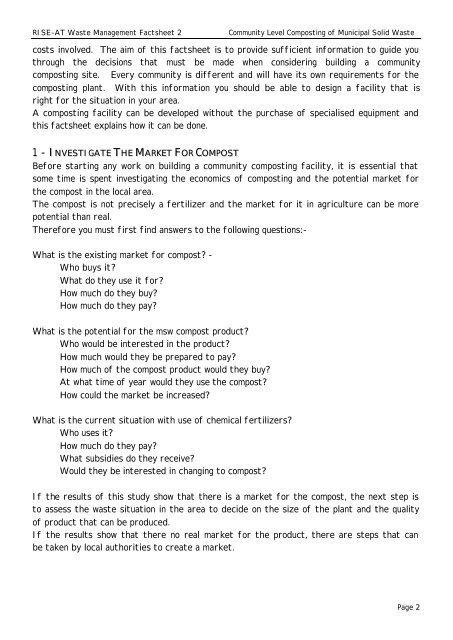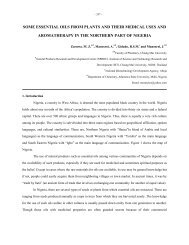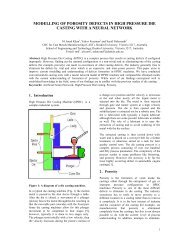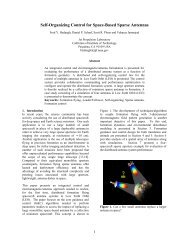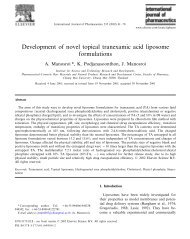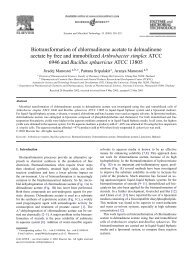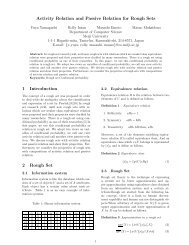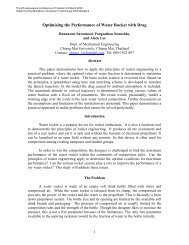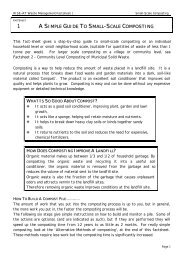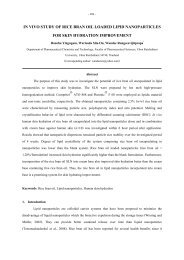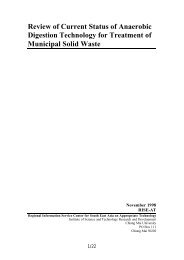COMMUNITY LEVEL COMPOSTING OF MUNICIPAL SOLID WASTE
COMMUNITY LEVEL COMPOSTING OF MUNICIPAL SOLID WASTE
COMMUNITY LEVEL COMPOSTING OF MUNICIPAL SOLID WASTE
Create successful ePaper yourself
Turn your PDF publications into a flip-book with our unique Google optimized e-Paper software.
RISE-AT Waste Management Factsheet 2<br />
Community Level Composting of Municipal Solid Waste<br />
costs involved. The aim of this factsheet is to provide sufficient information to guide you<br />
through the decisions that must be made when considering building a community<br />
composting site. Every community is different and will have its own requirements for the<br />
composting plant. With this information you should be able to design a facility that is<br />
right for the situation in your area.<br />
A composting facility can be developed without the purchase of specialised equipment and<br />
this factsheet explains how it can be done.<br />
1 - INVESTIGATE THE MARKET FOR COMPOST<br />
Before starting any work on building a community composting facility, it is essential that<br />
some time is spent investigating the economics of composting and the potential market for<br />
the compost in the local area.<br />
The compost is not precisely a fertilizer and the market for it in agriculture can be more<br />
potential than real.<br />
Therefore you must first find answers to the following questions:-<br />
What is the existing market for compost -<br />
Who buys it<br />
What do they use it for<br />
How much do they buy<br />
How much do they pay<br />
What is the potential for the msw compost product<br />
Who would be interested in the product<br />
How much would they be prepared to pay<br />
How much of the compost product would they buy<br />
At what time of year would they use the compost<br />
How could the market be increased<br />
What is the current situation with use of chemical fertilizers<br />
Who uses it<br />
How much do they pay<br />
What subsidies do they receive<br />
Would they be interested in changing to compost<br />
If the results of this study show that there is a market for the compost, the next step is<br />
to assess the waste situation in the area to decide on the size of the plant and the quality<br />
of product that can be produced.<br />
If the results show that there no real market for the product, there are steps that can<br />
be taken by local authorities to create a market.<br />
Page 2


